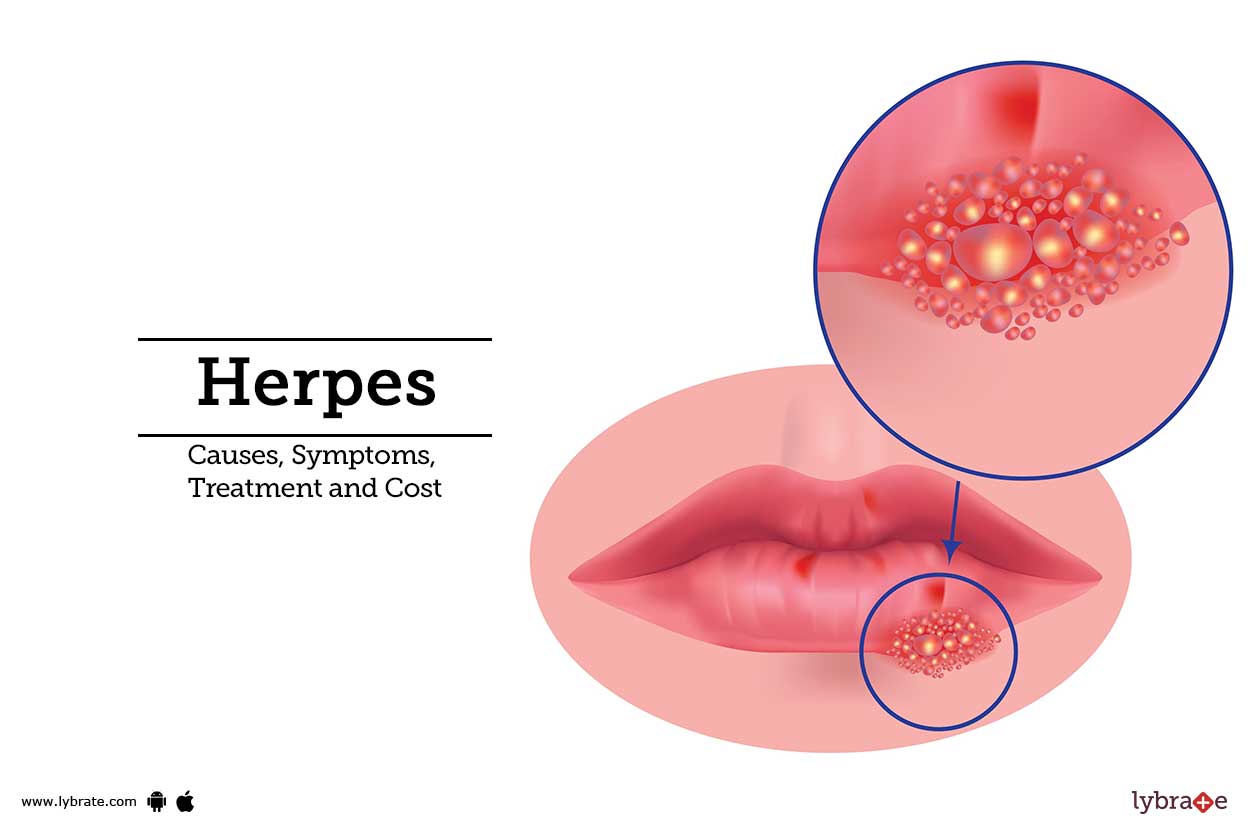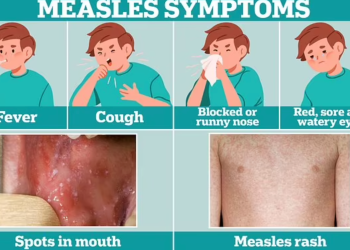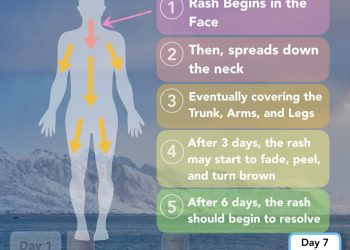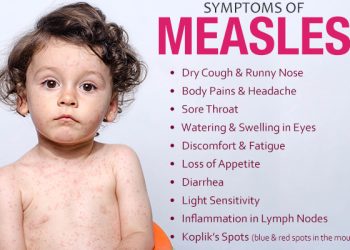Herpes Virus: A Comprehensive Guide
Welcome to our comprehensive guide on the herpes virus. In this article, we will delve into the various aspects of the herpes virus, its types, symptoms, transmission, and available treatments. Our aim is to provide you with detailed and accurate information to help you understand this common viral infection.
Understanding the Herpes Virus
The herpes virus is a highly contagious virus that infects humans. There are two main types of the herpes virus: herpes simplex virus type 1 (HSV-1) and herpes simplex virus type 2 (HSV-2). HSV-1 is primarily associated with oral herpes, while HSV-2 is commonly linked to genital herpes. Both types can cause infections in either location.
Symptoms of Herpes Virus Infection
Herpes virus infections can vary in severity and presentation. Some individuals may experience mild symptoms or even be asymptomatic, while others may have more pronounced symptoms. Common symptoms of herpes virus infection include:
Painful blisters or sores in the affected area
Itching or tingling sensation prior to the outbreak
Flu-like symptoms, such as fever and body aches
Swollen lymph nodes
Transmission of the Herpes Virus
The herpes virus is primarily transmitted through direct contact with an infected individual. This can occur through various means, including:
Oral-to-oral contact, such as kissing or sharing utensils
Genital-to-genital contact during sexual activities
Vertical transmission from mother to newborn during childbirth
Indirect transmission through contaminated objects, such as towels or razors
Treatment Options for Herpes Virus
While there is no cure for herpes virus infections, there are treatment options available to manage the symptoms and reduce the frequency of outbreaks. These include:
Antiviral medications: Prescription antiviral drugs can help shorten the duration of outbreaks and reduce the severity of symptoms.
Topical creams: Over-the-counter creams can provide relief from pain and itching associated with herpes sores.
Lifestyle modifications: Maintaining a healthy lifestyle, managing stress levels, and avoiding triggers can help minimize the frequency of outbreaks.
Prevention and Risk Reduction
Preventing the transmission of the herpes virus is essential. Here are some measures you can take to reduce the risk:
Practice safe sex: Using condoms or dental dams during sexual activities can reduce the risk of genital herpes transmission.
Avoid contact during outbreaks: Refraining from any form of contact with the affected area during outbreaks can help prevent transmission.
Good hygiene practices: Regularly washing hands and avoiding sharing personal items can minimize the risk of indirect transmission.

In conclusion, the herpes virus is a common viral infection that can cause discomfort and distress. By understanding the different aspects of the herpes virus, its symptoms, transmission, and available treatments, you can take appropriate measures to manage the condition effectively. Remember, seeking medical advice from a healthcare professional is crucial for an accurate diagnosis and personalized treatment plan. Stay informed, take necessary precautions, and prioritize your overall well-being.
Frequently Asked Questions – Herpes Virus
1. What is the herpes virus?
The herpes virus is a common viral infection that causes sores or blisters on the skin or mucous membranes.
2. How is the herpes virus transmitted?
The herpes virus can be transmitted through direct contact with an infected person, such as kissing, sexual contact, or touching the sores.
3. What are the symptoms of a herpes virus infection?
Symptoms may include painful sores, itching, tingling, or flu-like symptoms. However, some people may not experience any symptoms at all.
4. Is the herpes virus curable?
There is no cure for the herpes virus, but antiviral medications can help manage and reduce the frequency and severity of outbreaks.
5. Can you get the herpes virus from sharing utensils or towels?
It is possible to transmit the herpes virus through sharing utensils or towels, although the risk is relatively low compared to direct skin-to-skin contact.
6. Can you get the herpes virus from a toilet seat?
No, the herpes virus cannot be transmitted through toilet seats or other inanimate objects.
7. Can you have a herpes virus infection without symptoms?
Yes, many people with the herpes virus may be asymptomatic and not experience any visible symptoms. However, they can still transmit the virus to others.
8. Can the herpes virus be passed from a mother to her baby during childbirth?
Yes, it is possible for a mother with an active herpes infection to pass the virus to her baby during vaginal delivery. This is called neonatal herpes.
9. How can I reduce the risk of contracting the herpes virus?
Practicing safe sex, using condoms, and avoiding direct contact with active sores or blisters can help reduce the risk of contracting the herpes virus.
10. Can stress trigger herpes virus outbreaks?
Yes, stress, along with other factors like a weakened immune system, can trigger herpes virus outbreaks in some individuals.






